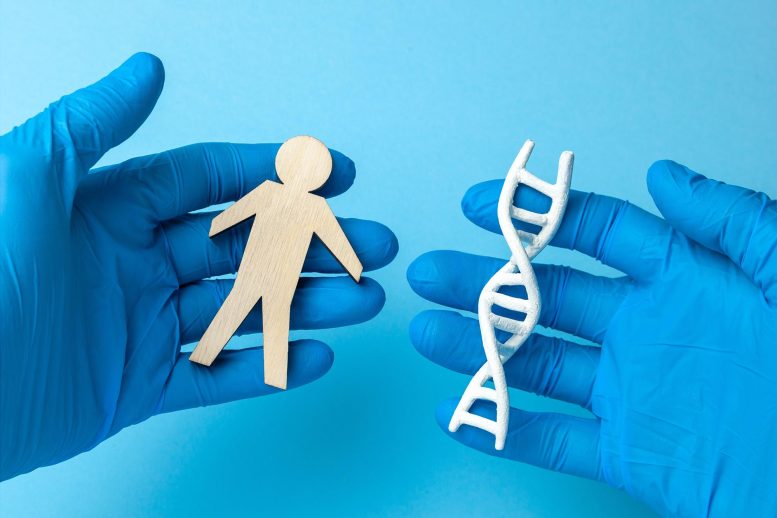Embracing the Future of Infant Health: How Advances in Genomics are Revolutionizing Newborn Screening
As much as medical science is rapidly changing today, it is sure to witness some incredible developments that are going to revolutionize the approach to health care for the most vulnerable and indispensable period of a child’s life-the newborn period. A new study, aptly dubbed GUARDIAN, has opened up the possibilities for how DNA analysis can reshape newborn screening, glimpse a day when we could identify and intervene early about a wide gamut of serious, treatable health conditions in infants.
Newborn screening traditionally used a very limited panel of tests that were primarily designed to identify only a few genetic disorders. Yet the GUARDIAN study was one of the first big projects that actually made it possible to use genome sequencing for newborns, and a clever applicative approach was able to identify ranges far greater than initially thought possible, including health concerns. Now imagine to identify and address a wide range of issues from rare genetic conditions to predispositions for chronic diseases before age one. This is a truly marvelous prospect promising to revolutionize in the future the care of our youngest-most vulnerable.
One of the major strengths of this genomic-based approach is the sheer scope of information, especially potential for providing combinations thereof, it can offer. Rather than relying on a finite number of markers, direct sequencing of the genome enables professionals and/or health care providers to go deep within the genetic makeup of each newborn to find a wealth of information that can be used to control the course of their medical care. Such deepened understanding may be at levels that even permit intervention in time to arrest conditions that are in full bloom or prevent them from blossoming at all.
Imagine that a child born had a predisposition for a given type of cancer in the results of a genetic test. Assuming it’s known, the healthcare team will follow up with a focussed monitoring and prevention plan for the child by keeping close tabs on how the child grows, taking initiative on steps to reduce the risk. The genomic revolution will mean this kind of personalized, precision-based approach to healthcare and is going to transform the way we care for our youngest and most vulnerable patients.
But this genomic-driven newborn screening does much more than just merely identify potential health problems. This better understanding of a child’s genetic profile will help healthcare providers fine-tune and make the intervention treatment more potent. Interventions will then no longer have one general solution to fit all, but instead will depend on the needs and characteristics of the individual, thus creating better positive outcomes and fewer possibilities for adverse reactions or complications.
Thus, should such a newborn be found to carry a mutation in one of the variants which may determine her response to a drug, doctors can then change dosages or seek an alternative that is better suited for treatment according to the specific genetic makeup of the child. This is the holy grail of modern medicine; precisely what the GUARDIAN study and other genomics advancement promise to deliver.
Of course, good concerns and questions come with new technology. There are privacy and data security concerns along with ethical issues in genetic testing. However, the GUARDIAN study has demonstrated and, certainly, outlined that there are far better benefits from this new approach than challenges posed by it. With proper safeguards and protocols, the power of genomics can be utilized to build a brighter, healthier future for our children.
With these advances in the GUARDIAN study and others, it is quite clear that this is an era of early disease detection, personalized medicine for infants, and opens an opportunity to fundamentally change how we care for our most vulnerable patients. So, what are we waiting for? Let’s enter this exciting new frontier of medicine and unlock the full potential of genomic science for the betterment of health and well-being among our children.
Originally published on https://scitechdaily.com/genomic-advances-promise-new-era-for-early-disease-detection-in-infants/.

